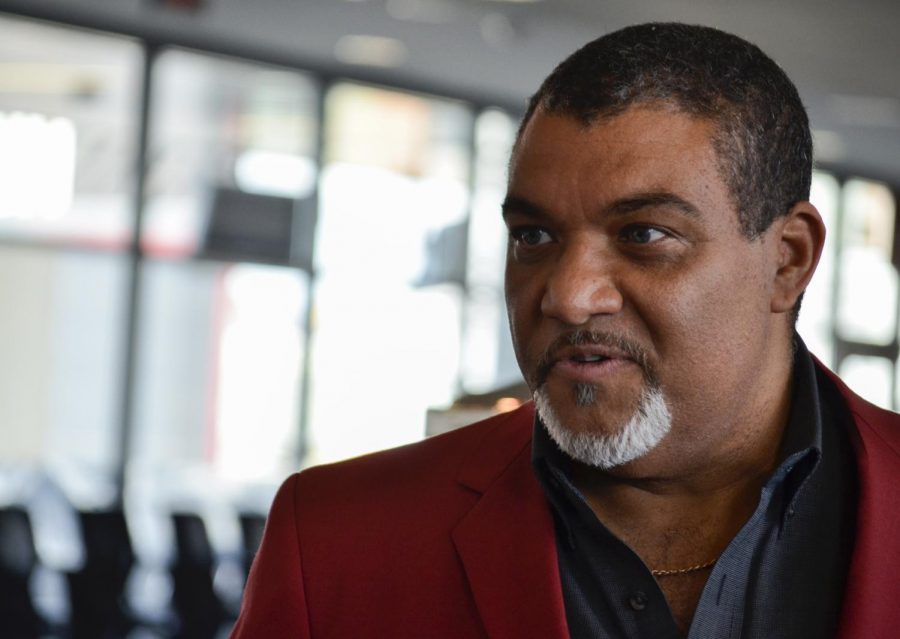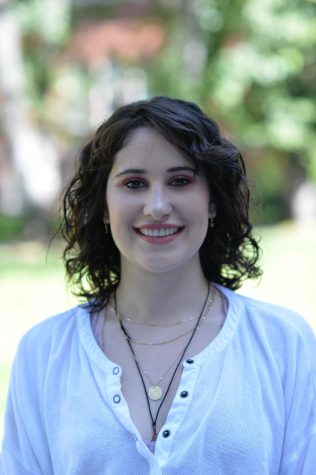Researcher made chair of plant pathology department
WSU Foundation was gifted $3 million for wheat production research; money will help fund research for increasing food security
PAIGE CAMPBELL | DAILY EVERGREEN FILE
André-Denis Wright, dean of WSU’s College of Agricultural, Human, and Natural Resource Sciences, said the $3 million endowment will result in reliable revenue for the college.
September 21, 2020
A WSU plant pathology researcher will be the first to serve in the newly established Rosalie & Harold Rea Brown Distinguished Endowed Chair in Plant Pathology after his uncle gifted the WSU Foundation $3 million for wheat production research.
Tim Murray’s grandparents were Rosalie and Harold Rea Brown and the donor, Harold Brown, is Murray’s uncle. He said gifts like these help the plant pathology department invest in valuable research for increasing food security both locally and nationally.
“The endowment’s named after my grandparents, and they were an important part of my life growing up,” Murray said. “It’s gratifying for me to know it will live long beyond me and my time at WSU. It will benefit generations to come.”
André-Denis Wright, dean of WSU’s College of Agricultural, Human, and Natural Resource Sciences, said this endowment will result in reliable revenue for the college and for Murray’s research.
“That $3 million will generate around $120,000 a year in revenue indefinitely,” Wright said. “This is a really key gift.”
Relying on federal grants can pose specific limits to researchers on campus, Wright said.
That is why invested gifts help the colleges maintain local laboratories, hire students and postdoctoral researchers, as well as increase the chance of the college actually getting federal grants, he said.
“There’s unlimited use to these funds as long as they answer these big research questions,” Wright said.
Murray said his research will attempt to tackle the lack of easy access to food, especially as climate change threatens food security.
“It’s a much larger issue than Whitman County,” Murray said.
Murray said he has not yet decided which projects to prioritize because the money will not become spendable until months from now.
“It’s still sinking in for me that this has happened. It’s an incredibly generous and amazing gift, so part of me is still trying to process that,” Murray said.
However, he said he does want to continue focusing on sustainable plant disease management solutions. This includes finding an answer to acidic soil that impedes wheat production in Whitman County.
“Soil acidity has direct impacts on wheat production, it also favors the development of some diseases,” Murray said.
Wright said Murray is an exceptional choice as the first of what will be a long-term plant pathology chair program. He said he is excited to see which projects Murray will fund.
“This kind of gift gives researchers an ability to tackle problems before it takes over the region, then the country, then the continent,” Wright said.










